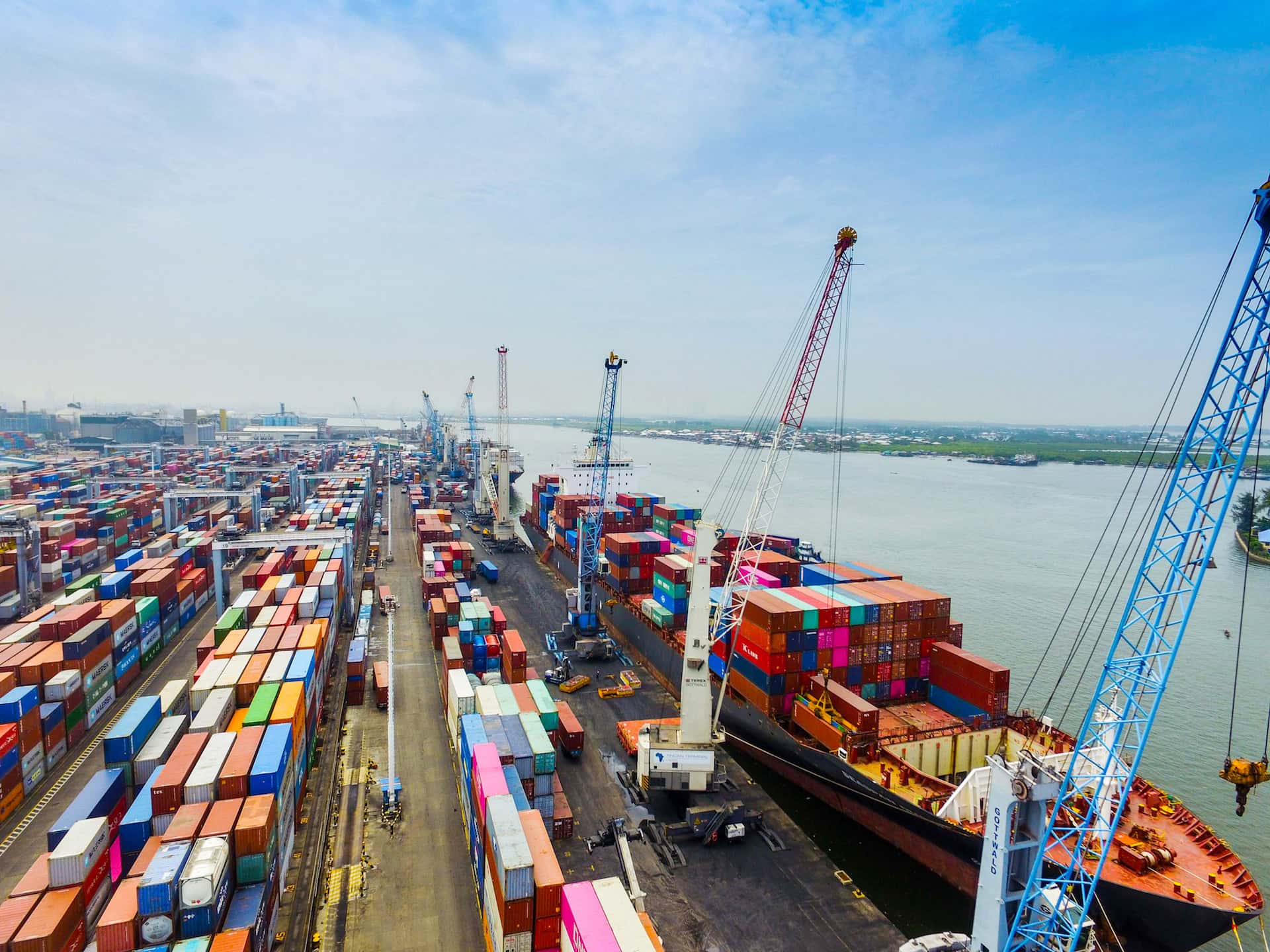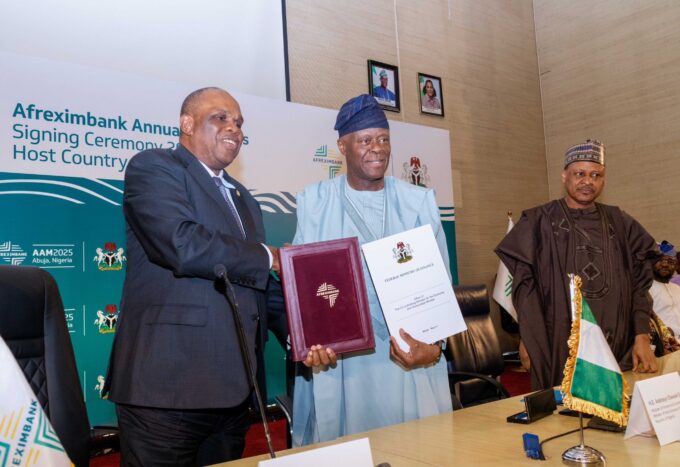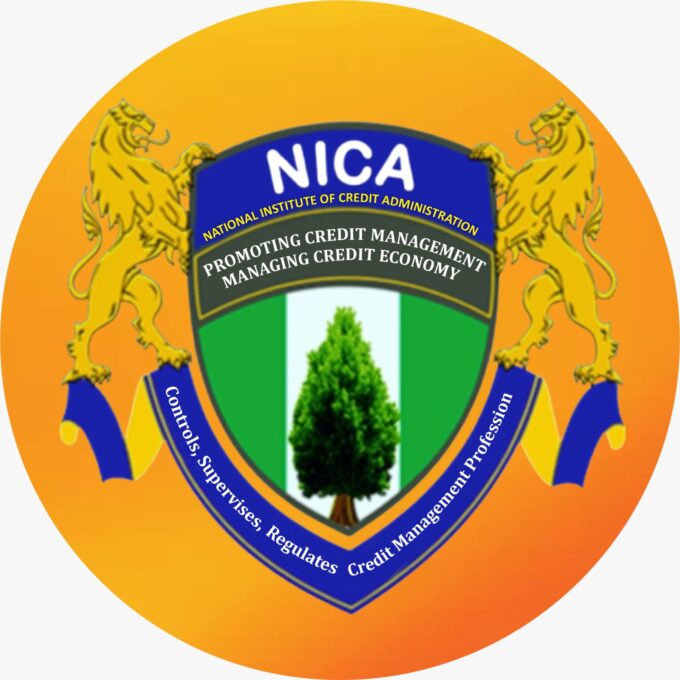Freight charges in the nation’s seaports have jumped by 67 per cent, resulting in increases in prices of vehicle spare parts, The PUNCH learnt.
In separate interviews with our correspondent in Lagos, freight forwarders said they used to pay around N600, 000 to clear a 40-foot container loaded with used vehicles’ spare parts, but this had risen to over N1m for the same consignment.
A member of the National Association of Government Approved Freight Forwarders, Ugochukwu Nnadi, alleged that the Nigeria Customs Service, instead of generating revenue, was inflicting untold hardship on Nigerians with the high cost of clearing the consignment.
“For example, if you had a 40-foot container loaded with used motor parts before now, the surface duty was N600, 000. Now, they have given it a benchmark of N1m at surface duty level.
“It is about 60 per cent higher than what it used to be on the same goods. This is why engine parts are very expensive. Before now, you could get a used engine for around N30, 000, but you can’t get any engine now, no matter how small it is, for anything less than N100, 000. And they are doing these things thinking they are generating revenue, but they don’t know that they are making the people poorer.”
He further said that any rate paid by importers must be passed on to the consumers.
Also speaking, a member of the Association of Nigerian Licensed Customs Agents, Akintoye Ojo, said, “The prices of clearing imported car spare parts have gone up. The commodities in your container and the value are what determine the duty you pay. As a matter of fact, the Customs is increasing their values but they hide under the umbrella of freight charges and also insurance. For old spare parts, you can clear for less than N600, 000 before, but there is no spare parts container you can clear for less than N1.5m.”
Meanwhile, the TinCan Island chapter Chairman of the African Association of Professional Freight Forwarders and Logistics of Nigeria, Geoffrey Nwaosu, explained that importers now loaded vehicles before putting used spare parts just to reduce the cost of clearing their consignments.
“Before now, it is used to be between N600, 000 for surface duty, but it is no longer like that for spare parts. Now, you must pay a surface duty of between N3 million and above for a 40-foot container.
“You can still pay this and still be battling with alerts since it is coming with Pre-Arrival Assessment Report, PAAR. But it is in two ways. You can load a car or two in the same container. They do this to avoid going to access foreign exchange for PAAR. So, they will add one or two vehicles and clear the cars and the spare parts.”
Charles Nwarienne, a clearing agent, said: “You see, before now, it depended on different items. There were ones you would pay a surface duty N600, 000. Later, they adjusted the surface duty to N800, 000. We noticed the increment after the protest. The general cargo has started and it is part of the reason why we protested.”
In his response, the National Public Relations Officer of the NCS, Timi Bomodi, blamed exchange rate costs for the hike.
“How much rent were you paying three years ago? What was the exchange rate officially last year and what is the exchange rate now? So, if somebody used to pay that amount when the exchange rate was lower and now that the exchange rate has gone up, do you think it is reasonable to expect that thing to remain like that?
“Nothing has remained the same; freight charges have gone up, and exchange rates have gone up. Do you expect the duty to remain the same when these things are components of duty? That is how you arrive at duty payable; your freight charge and exchange rate are important factors that you must consider. Yet, somebody expects that the duty must remain the same. It is not possible,” he noted.
Spare parts dealers said the cost of their items had risen due to the foreign exchange crunch and the cost of clearing containers.
A car spare parts dealer, Mr John Ibe, said several car spare parts had become scarce, noting that prices of used car spare parts had skyrocketed.
“The prices have gone up because of the hikes in the exchange rate. You can’t even see some of the goods to buy. For example, before now, we used a shock absorber for Toyota Corolla [2003 to 2006 model] for less than N10, 000. But now, that same product is N20, 000, just for the front shocks. There are some that cost up to N70, 000,” he said.
Also speaking, another spare parts dealer, Chimaobi Isiugo, who deals mostly in car engine control unit, also known as car brain box, said that spare parts were really very expensive at the moment.
“Before now, we used to sell brain box for 2003-2006 Toyota Corolla at N25, 000. Now, that same product goes for N40, 000. A car engine that used to sell for N600, 000 is now N1 million. The ones that sold for N800, 000 before are now N1.2million. This is because the costs of clearing these consignments have gone up. Importers, after spending, will add the freight charges to the prices because nobody wants to lose.”
He added that cars were now very expensive. Chinedu Ogu, a spare parts dealer at the popular Onitsha Main Market, lamented that he was also affected by the increase.
For Chukwuebuka Duru, a spare parts dealer, the cause of the hike in prices of spare parts was not far from the bottlenecks associated with the importation of the products.
Source Punch














